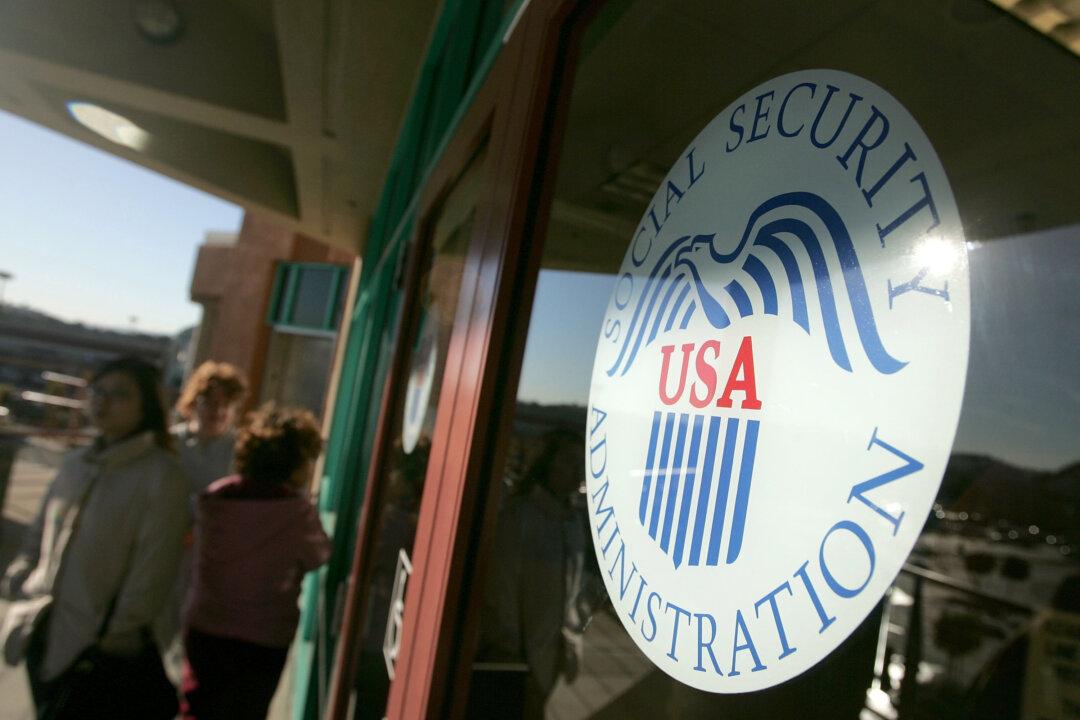One of the joys of growing older is the opportunity to play Grandma or Grandpa. My wife and I have five grandchildren, and each of them brings a smile to our faces and a nice warm glow to our hearts—at least a good percentage of the time!
One of the big advantages to grandparenting is that you get to play with them and bounce them on your knees and otherwise spoil them for a few hours at a time, and then they go home!





